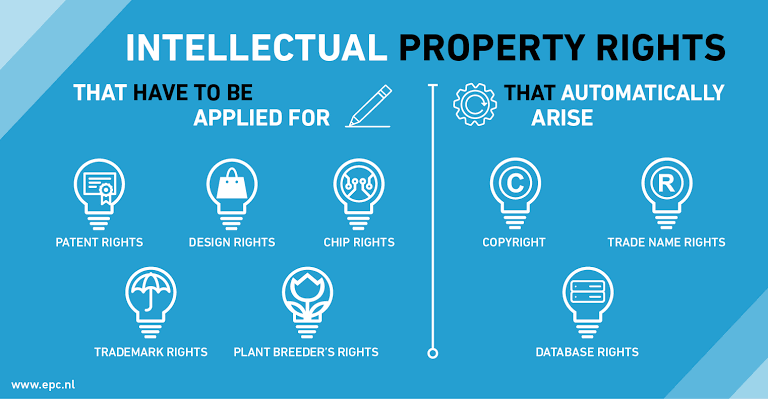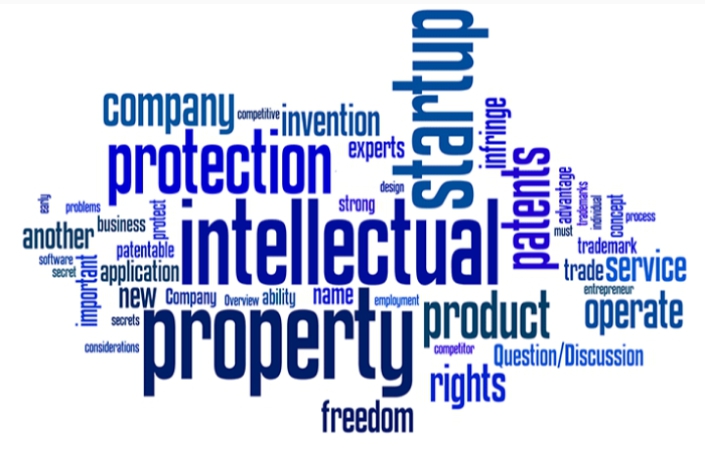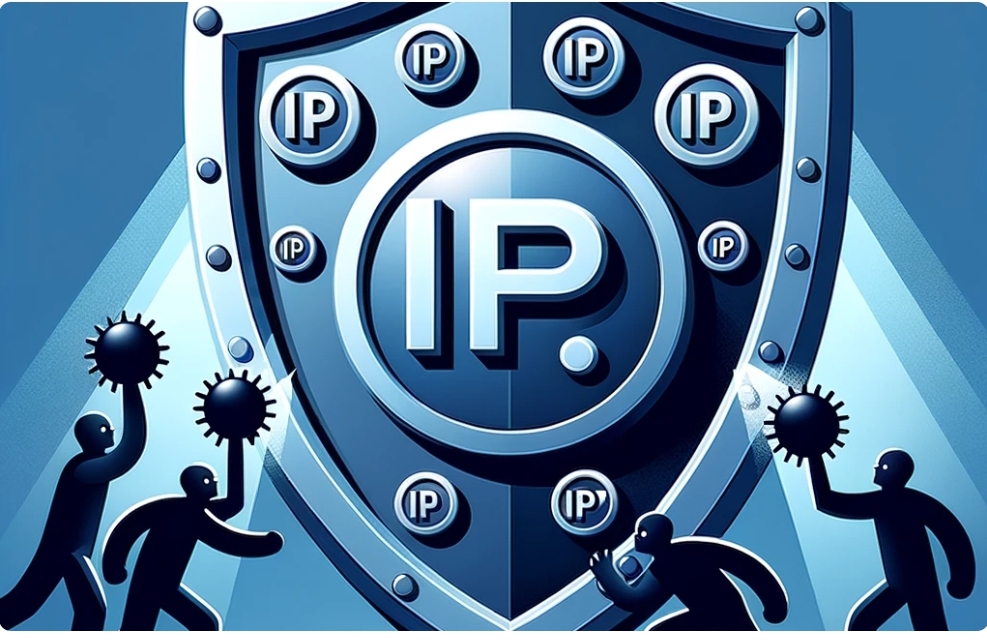
Introduction
A start up is a young company founded to develop a unique product or service. A tech startup is a new company specializing in technology products or services. Law Insider defines e-hailing as the “use of mobile application and smart phone to request, reserve and use MicroTransit service”. It is the use of an Internet service to hail a taxi or book a ride in a private car on demand.
The first step for establishing a technology development firm in Nigeria is to register the business with the Corporate Affairs Commission (CAC). The CAC is the regulatory body responsible for business registration in the country. Business owners can choose from various business structures, including sole proprietorship, partnership, or incorporation as a limited liability company.
Choosing the appropriate business structure depends on factors such as liability protection, tax implications, and the scale of the technology development firm. The Nigerian Startup Act, 2022 has served to establish a legal and institutional framework for the advancement of labeled startups in Nigeria, as well as to foster an environment that encourages the formation, growth, and operation of startups in Nigeria.
Types of Business Structure.
- Sole proprietorship
The simplest option for small business owners who are getting started without funding is to create a sole proprietorship. A sole proprietorship is an unincorporated business that is owned and operated by one person.
- Limited Liability Company
A Limited Liability Company (LLC) is a business structure that combines the liability protection of a corporation with the tax benefits and flexibility of a partnership.
- S Corporations
Corps are typically small businesses and give you the benefit of incorporation with the tax-exempt privileges of a partnership. Here, you can pass income directly to shareholders without paying federal corporate taxes.
- C Corporations
Most startups incorporate as a C-Corp, the same structure used by Apple, Google and pretty much every large company in the United States. A C-Corp is a fully separate legal entity, responsible for paying corporate taxes and issuing annual reports. It must also appoint a board of directors
Benefit of LLC in an E-hailing Tech Startup
1. Liability Protection: LLCs offer personal liability protection for shareholders, which is essential for a startup with potential risks.
2. Flexibility: LLCs allow for flexible ownership and management structures, suitable for startups with multiple founders or investors.
3. Tax Efficiency: LLCs are pass-through entities, avoiding double taxation and allowing for more efficient tax management.
4. Scalability: LLCs can easily adapt to growth and expansion, making them suitable for startups with high growth potential.
5. Regulatory Compliance: LLCs are recognized and regulated by the Corporate Affairs Commission (CAC) in Nigeria, ensuring compliance with local laws.
6. Investor Attractiveness: LLCs are more attractive to investors, as they offer a clear and established business structure.
7. Ease of Transfer: LLCs allow for easy transfer of ownership, facilitating future investments or exits.
In Nigeria, you can register an LLC as a:
1. Private Limited Company (Ltd)
2. Public Limited Company (Plc)
Legal Requirements and Regulations for a Start-up
- Business Registration
The foundational step for establishing a technology development firm in Nigeria is to register the business with the Corporate Affairs Commission (CAC). The CAC is the regulatory body responsible for business registration in the country.
- Tax Registration and Compliance
Once the business is registered and intellectual property protected, the next step is to obtain a Tax Identification Number (TIN) from the Federal Inland Revenue Service (FIRS). This is essential for tax compliance, and technology development firms are subject to corporate income tax.
- Intellectual Property Protection
Protecting innovations through patents, trademarks, and copyrights is essential for safeguarding the firm’s competitive edge, and the body tasked with this registration & protection is the Nigerian Copyright Commission (NCC). Business owners should conduct regular IP audits, educate employees about the importance of intellectual property, and establish clear policies regarding ownership and protection of innovations.
- Data Protection and Privacy
Tech firms must comply with the Nigeria Data Protection Regulation (NDPR) with regard to safeguarding user data and privacy and as well implement data protection policies and practices to prevent data breaches and unauthorized access.
- Employee Relations
are required to adhere to Nigerian Labour Laws when hiring and managing employees. Ensure compliance with employment contracts, benefits, and workplace safety regulations.
- Cyber Security
Implementation of robust cyber security measures to protect systems, software, and customer data are also requirements in the Tech industry, regular updates of security protocols and education of employees on cyber security best practices is also advised.
- Consumer Protection
Compliance with Consumer Protection Rights is also a requirement, as this is the Federal Government’s measure to ensure that Companies provide transparent information about products and services and establish clear terms of service to protect the rights of consumers.
How Start-up can Protect Intellectual Property.
Startups can protect their intellectual property (IP) by registering, protecting and enforcing their rights, if infringed. It includes:
1. Patents: File for utility patents to cover innovative app features, algorithms, or business methods.
2. Trademarks: Register trademarks for the app name, logo, and brand identity.
3. Copyrights: Claim copyrights for the app's code, design, and content.
4. Trade Secrets: Keep sensitive information (e.g., algorithms, business strategies) confidential.
5. Non-Disclosure Agreements (NDAs): Have partners, employees, and contractors sign NDAs.
6. Licensing Agreements: License IP to partners or third parties, controlling how it's used.
7. Secure Development: Implement robust security measures during app development.
8. Legal Agreements: Establish clear terms and conditions, end-user license agreements, and API usage agreements.
9. Monitoring and Enforcement: Regularly monitor for IP infringement and enforce rights when necessary.
10. IP Insurance: Consider intellectual property insurance to protect against IP-related risks.
11. Keep Records: Maintain detailed records of IP development, including dates and contributors.
12. Employee Assignments: Ensure employees assign IP rights to the company.
Challenges in operating an E-hailing Tech start-up in Nigeria.
Operating an e-hailing tech startup in Nigeria comes with potential challenges and risks, including:
1. Regulatory Uncertainty: Evolving regulations and lack of clear guidelines for e-hailing services.
2. Competition: Intense competition from established players and new entrants.
3. Infrastructure: Limited internet penetration, poor road networks, and inadequate public transportation.
4. Security: Safety concerns for drivers and passengers, including crime and terrorism.
5. Payment Challenges: Limited digital payment options and high transaction fees.
6. Driver Management: Managing a large network of drivers, ensuring compliance, and maintaining quality service.
7. Customer Adoption: Encouraging Nigerians to adopt e-hailing services over traditional transportation methods.
8. Funding: Accessing sufficient funding to scale and compete with established players.
9. Technology: Managing technical issues, ensuring platform reliability, and adapting to changing technology.
10. Cultural and Language Barriers: Addressing diverse cultural and language differences across Nigeria.
11. Government Policies: Navigating government policies, taxes, and regulations that may impact operations.
12. Reputation Management: Maintaining a positive reputation and addressing customer complaints.
13. Data Privacy: Ensuring the security and privacy of user data.
14. Scalability: Scaling operations while maintaining quality and efficiency.
15. Partnerships: Building and maintaining partnerships with stakeholders, including drivers, investors, and regulators.
Licenses and Permits Required to Operate an E-hailing Service in Nigeria
To operate an e-hailing service in Nigeria, you'll need to obtain the following licenses and permits:
1. Company Registration: Register your company with the Corporate Affairs Commission (CAC).
2. Business License: Obtain a Business License from the Federal Ministry of Industry, Trade and Investment.
3. Transport License: Get a Transport License from the Federal Ministry of Transportation.
4. Road Transport Permit: Obtain a Road Transport Permit from the Federal Road Safety Corps (FRSC).
5. State Government Permits: Acquire permits from the state governments where you'll operate.
6. Local Government Permits: Obtain permits from local governments (e.g., Lagos State: LASAA, LAMATA).
7. Nigerian Communications Commission (NCC) License: For providing digital services.
8. Payment Processing License: From the Central Bank of Nigeria (CBN) or licensed payment processors.
9. Data Protection Compliance: Register with the National Information Technology Development Agency (NITDA).
10. Tax Clearance: Obtain a Tax Clearance Certificate from the Federal Inland Revenue Service (FIRS).
11. Driver and Vehicle Documentation: Ensure drivers have valid licenses, permits, and vehicle documentation.
12. Insurance: Obtain liability insurance covering drivers, passengers, and vehicles.
Conclusion
In Nigeria, making sure your startup follows the rules is super important for its success. Startups have a lot of hurdles to jump over, like dealing with tricky legal stuff and keeping everything running smoothly. It's really key that startups get how crucial it is to stick to compliance obligations so they can work legally and make their customers and partners trust them more.
For an e-hailing tech startup in Nigeria, a suitable business structure would be a Limited Liability Company (LLC). To mitigate these risks, it's essential to conduct thorough market research, develop a robust business plan, and engage with local experts and stakeholders.
IP covers so many things that can seem abstract, founders often treat it as an undervalued asset or fail to recognize its value at all. But failing to claim, register or otherwise protect your IP can have dire consequences that can range from damage to your company’s reputation and bottom line to its destruction.
Reference
1 Legal Requirements for Startups & Tech firms in Nigeria: Part 2;
https://berkeleylp.com/insights/legal-requirements-for-startups-in-nigeria/
2. NITDA:
3. Types of corporations and how to incorporate your startup:
4.How to Protect Your App Idea Legally:
https://www.delawareinc.com/blog/how-to-protect-app-idea-legally/
5.The Future of Ride-Hailing in Nigeria: Navigating Challenges and Embracing Innovation:
6. Protecting Intellectual Property: what every start up founder needs to know





















